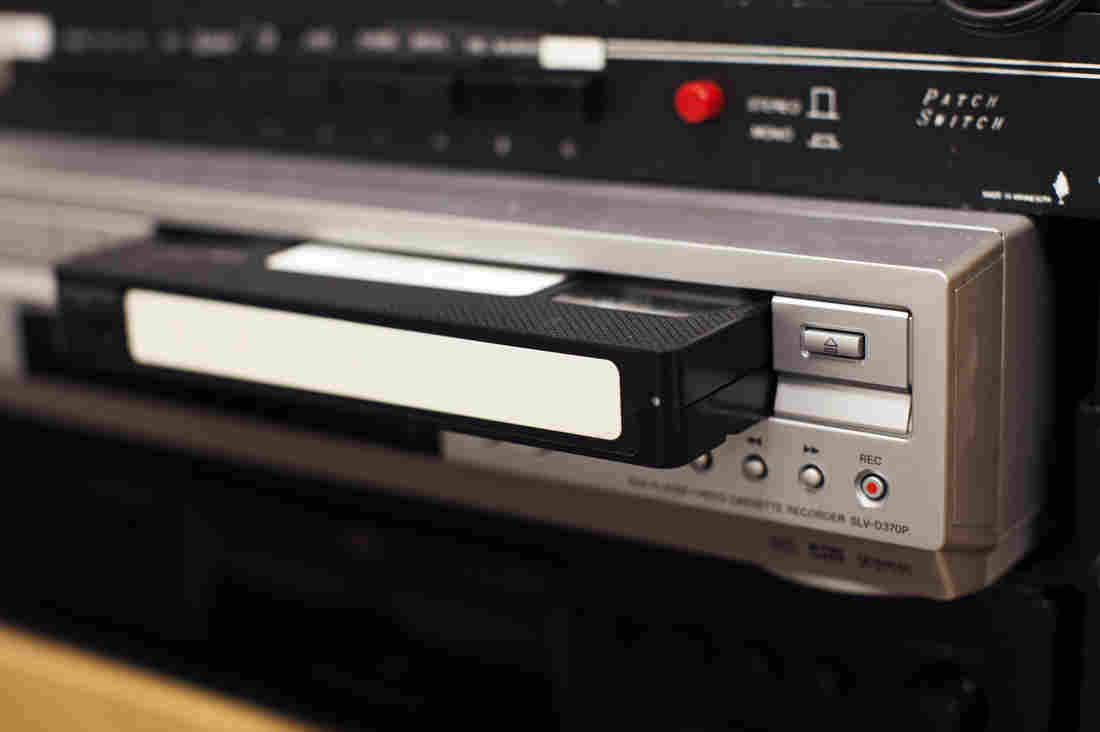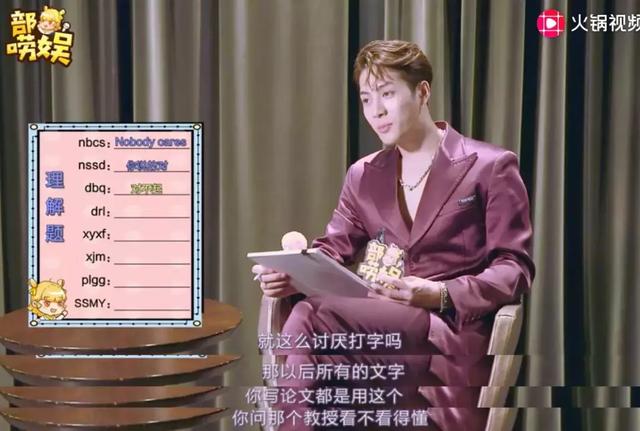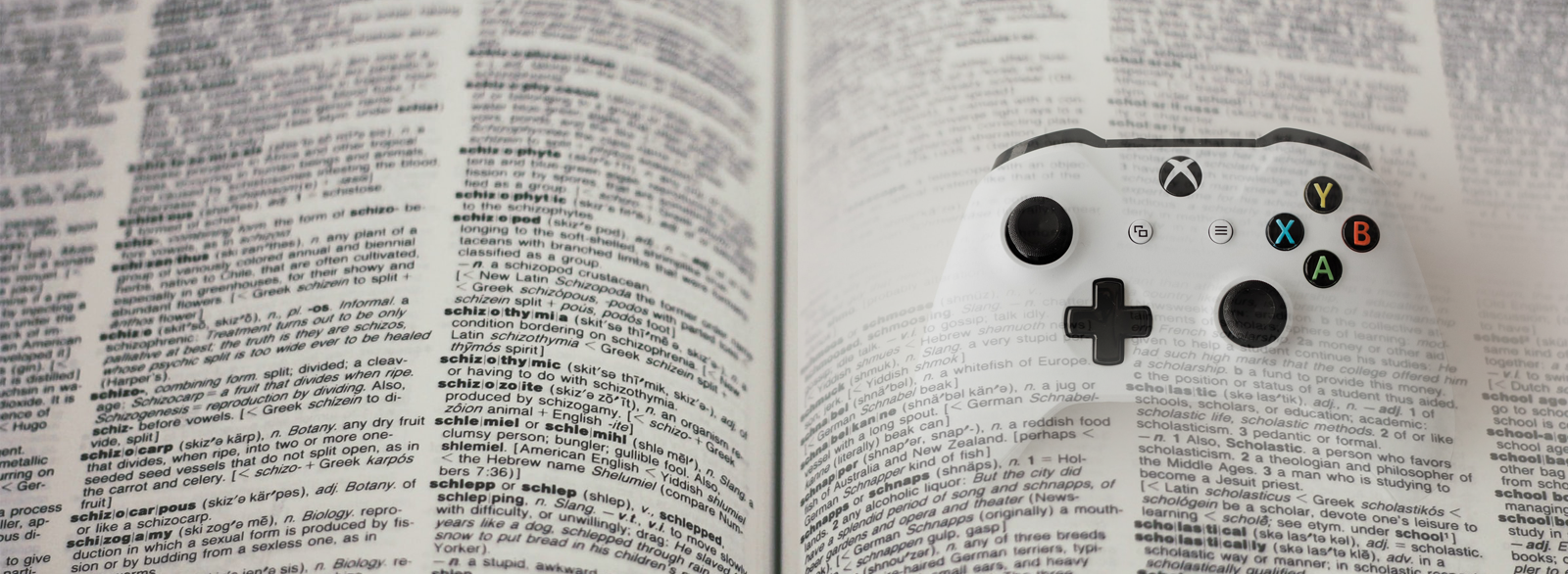In my previous post I wrote about the letter word phenomenon prevalent in contemporary Chinese. I discussed their classification and semantics with some common examples. In this post I’ll continue to comment on the phenomenon. I’ll also touch on the argot-like letter words booming in the fandom subculture.
What to do with letter words?
There has been a mixed reaction to letter words among Chinese speakers, linguists, and policy makers. Some criticize them as contamination of the Chinese language, whereas others welcome them as a natural tendency in the information age. Let’s face it—debates like this seldom reach satisfactory agreements. People will either keep arguing against each other or start resorting to authorities to “resolve” the issue. Either way, however, the high frequency of some letter words in Chinese has become a nonnegligible linguistic reality, and when it comes to language, procrustean decrees are seldom feasible.
I endorse descriptivism rather than prescriptivism in the scientific study of language. That is, I believe the mission of linguistics as a discipline is to study the natural phenomenon termed language as is rather than order speakers to behave in certain “preferred” ways. So my professional stance on the issue of letter words is: let it be.
At this point I’m reminded of a “prediction” in the novel The Three-Body Problem (I’ve written a post on it last year), according to which Chinese and English will merge into one language in the future. I’m not in a position to evaluate this prediction—which is fictional anyway—but I wouldn’t be a strong opponent should that really happen in my lifetime.
In spite of my open-minded professional attitude, however, I must confess that as an ordinary language user I am to some extent a “purist.” For example, I usually avoid non-Chinese words when speaking Chinese, especially on formal occasions or when speaking to elderly people (e.g., my grandparents), and would definitely avoid letter words in writing unless absolutely necessary—the latter is partly for typographic/esthetic reasons, since alphabetic writing looks out of place in Chinese texts and the fonts, line heights, spacing, etc. rarely go well together. Likewise, I’d painstakingly stick to native vocabulary when speaking my local vernacular. Recently I uttered the native word for “school” at my cousin’s, and she jokingly commented that only people of our grandma’s age spoke that way.
Apart from my obsession with native vocabulary and typographic homogeneity, another problem I have with letter words is that sometimes speakers don’t really know what they’re saying but are merely following suit. The above-mentioned ppt and mp3 are fine; a case that really frustrates me is VCR, which is used to mean any video clip as in the following sentence:
- 讓我們來看一段VCR.
rang4 wo3men lai2 kan4 yi2 duan4 VCR
let us to watch one <classifier> VCR
“Let’s watch a video clip.”
Apparently I’m not the only one who finds this usage odd. It has presumably caught on under the lead of some variety show hosts. I’m not sure whom under what circumstances, but it’s clearly wrong if one understands what the acronym actually stands for (it stands for video cassette recorder; i.e., an electronic device).

Again, I don’t intend to discourage people from using VCR to mean “video clip.” From a linguistic perspective they have simply created a new word that is homophonous with the English-origin acronym, which is no big deal and doesn’t hurt anyone. But in my own idiolect I’d stubbornly stick to the native Chinese word 視頻 shi4pin2, which by the way isn’t obsolete at all.
There are also times when I simply stick to native words for fun—I want to see how far I can go without resorting to letter words. And in my experience one can really do without them! Indeed, there have been amateur-led attempts to replace letter words with native words across the board, or at least to write them in Chinese characters. I find this a nice initiative.
Letter words in fan communities
The letter words discussed above have more or less become part of the regular vocabulary of Chinese and can be used in both spoken and written language. Meanwhile, there’s still another type of letter word recently booming on social networking sites, especially within various fan communities (飯圈).
Fanmade letter words usually appear in written language only (they aren’t that pronounceable anyway) and are mostly abbreviations of certain words, phrases, or even entire sentences in pinyin. For example,
- zqsg = zhen1-qing2-shi2-gan3 眞情實感 ‘genuine feelings’
- sjb = shen2-jing1-bing4 神經病 ‘psycho’
- xswl = xiao4-si3-wo3-le 笑死我了 ‘I’m laughing to death’
- ncf = nao3-can2-fen3 腦殘粉 ‘fanatic fan’
See this, this, and this page for many more examples. I don’t use any phonetic-based Chinese input method myself but have heard that a major booster for this kind of letter word is the abbreviation feature in modern pinyin input methods, which allows users to omit all but the first letters in pinyin spelling.
There are also many casual abbreviations in text messages of other languages, such as lol, asap, wtf, etc. in English and dnd, bbr, a2, etc. in Spanish. However, Chinese-speaking fans seem to have exploited the abbreviating strategy to its maximum—to the extent that outsiders (including the fans’ idols themselves) can hardly understand what they’re talking about.

What’s more, fanmade abbreviations often mix or distort words from different languages, which makes them almost undecipherable unless you’re a fan yourself (in which case you’d make the effort to master the argot). The following example is from sohu.com:
Fandom argotYjgj,jb有,但不是每個人都有,請yxh停止對我家plgg的造謠,bbl.
Chinese translation有句港句,劇本有,但不是每個人都有,請營銷號停止對我家漂亮哥哥的造謠,求求了。
English translation“Honestly speaking, there are scripts, but not everyone has them, so marketing accounts, stop spreading rumor about our pretty brother, please.”
Three languages are mixed in the above example: yjgj is a mixture of Cantonese and Mandarin, jb, yxh, and plgg are from Mandarin, and bbl is a mixture of English and Mandarin plus a crosslinguistic homophony-based substitution:
- bbl = ball ball le = qiu2 qiu2 le = “I beg you” (qiu2 ‘ball’ is homophonous with qiu2 ‘beg’ in Mandarin)
The creativity of fangirls (and fanboys) can go beyond our imagination. I’m not sure how long these somewhat ad hoc letter words can last before they get forgotten or replaced—and maybe some of them will eventually make into dictionaries after all. Yet one thing is certain: compared to the more regular letter words such as ppt and mp3, these fanmade ones are truly Chinese-specific. They are native Chinese words under the guise of the latin alphabet so to speak and are therefore as lively as the fandom subculture itself.
A final thought
Overall, I think letter words have become a separate stratum in the lexicon of the Chinese language. They are frequently used in informal speech and texts and have made their way into authoritative dictionaries. As such, linguists and critics alike must recognize their existence and had better make peace with them.
Meanwhile, since letter words are never there for lack of proper native words and can’t be extinguished in a top-down fashion, it is ultimately up to each speaker to decide whether or not to use them. Language as a social phenomenon doesn’t come out of thin air but is essentially shaped by the accumulation of individual speakers’ individual choices. So, only time will tell what the destiny of letter words are.⏳



Leave a comment